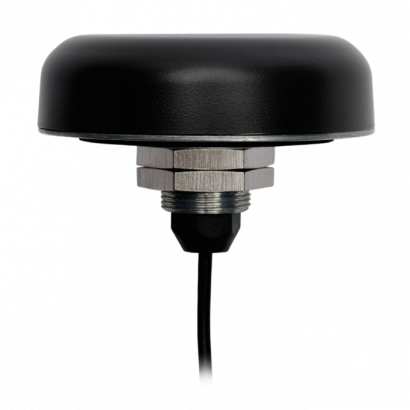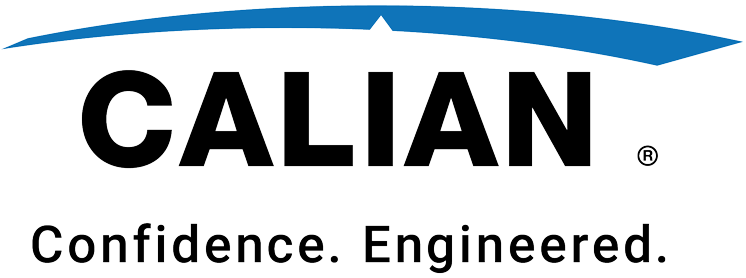
TW5362 Multi-Constellation Smart GNSS Antenna with UDR
Antennas
Coverage
GPS/QZSS-L1, GLONASS-G1, Galileo-E1, BeiDou-B1
Mount
Fixed Mount
Smart Antenna
Overview
The TW5362 is a multi-constellation GNSS Receiver/Antenna fused with inertial sensor data. It is an easy-to-use tracking solution that enables high performance positioning in places where GNSS signals are poor or not available.
The TW5362 incorporates a latest generation GNSS receiver that supports simultaneous GPS/GLONASS/Galileo reception and a Calian’s Accutenna™ patch antenna. This dual feed antenna greatly improves rejection of multi-path signal interference, making it the most precise antenna for tracking in dense urban environments.
The TW5362 may be installed in any position in a vehicle without electrical connection to the vehicle speed sensor. The on-board accelerometer and gyroscope sensors result in a self-contained UDR which is self calibrating and provides reliable and consistent navigation
A Timepulse output generates pulse trains synchronized with GPS or UTC time grid with intervals configurable over a wide frequency range.
Features
- Complete positioning solution with integrated 3D sensors
- Positioning accuracy in dense cities and covered areas
- Independent of any sensor connection to the car
- 5V-36V automotive operation
- Excellent multi-path signal rejection
- Industrial grade IP67 enclosure
- RoHS, REACH, RED compliant. CE marking
Details
Untethered Dead Reckoning (UDR)
TheTW5362 Untethered Dead Reckoning (UDR) technology provides continuous navigation without requiring speed information from the vehicle. This innovative technology brings the benefits of dead reckoning to installations previously restricted to using GNSS alone, significantly reducing the cost of installation for Dead Reckoning applications.
The strength of UDR is particularly apparent under poor signal conditions, where it brings continuous positioning in urban environments, even when the antenna is installed within the vehicle. Useful positioning performance is also available during complete signal loss, for example in parking garages or short tunnels. UDR positioning starts as soon as the ignition signal is applied and before the first GNSS fix is available.
